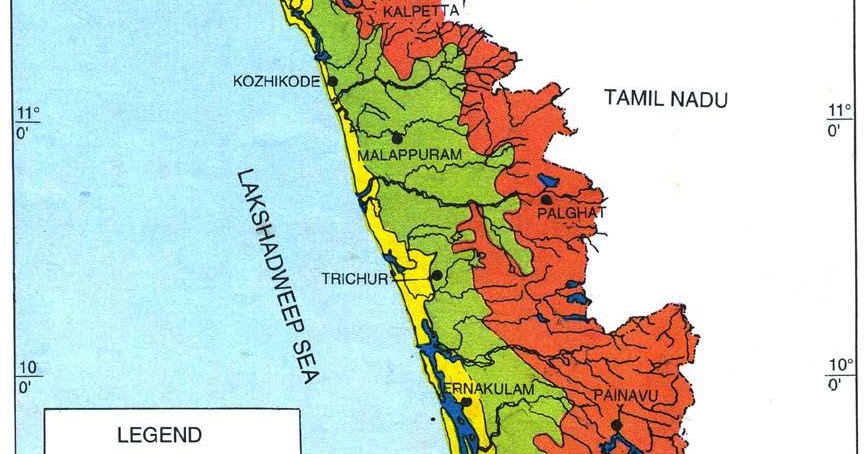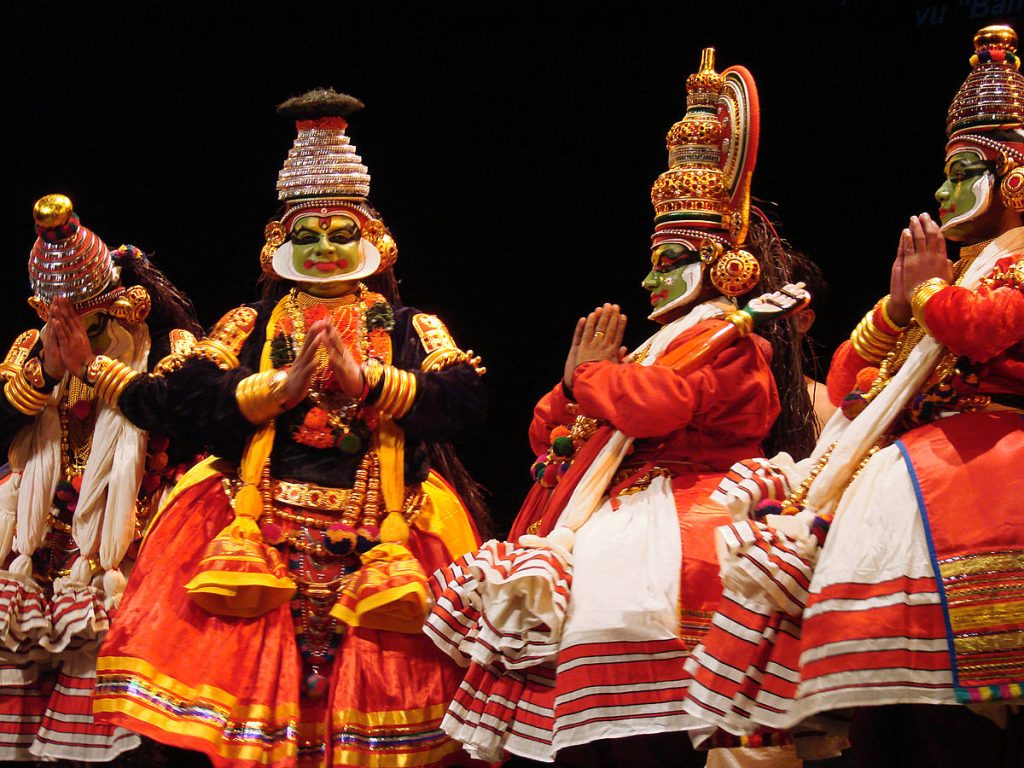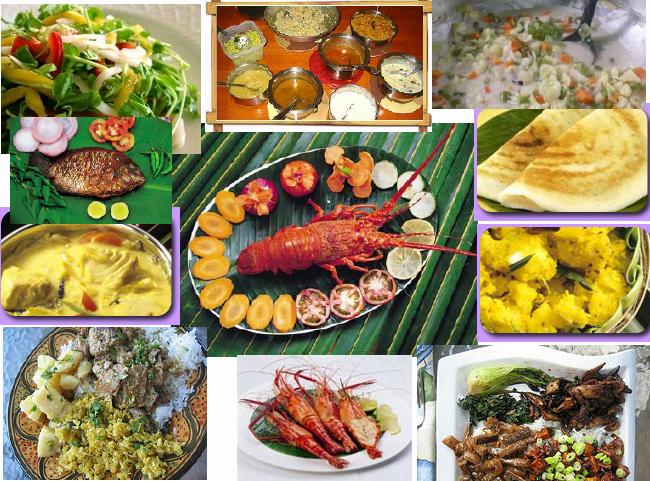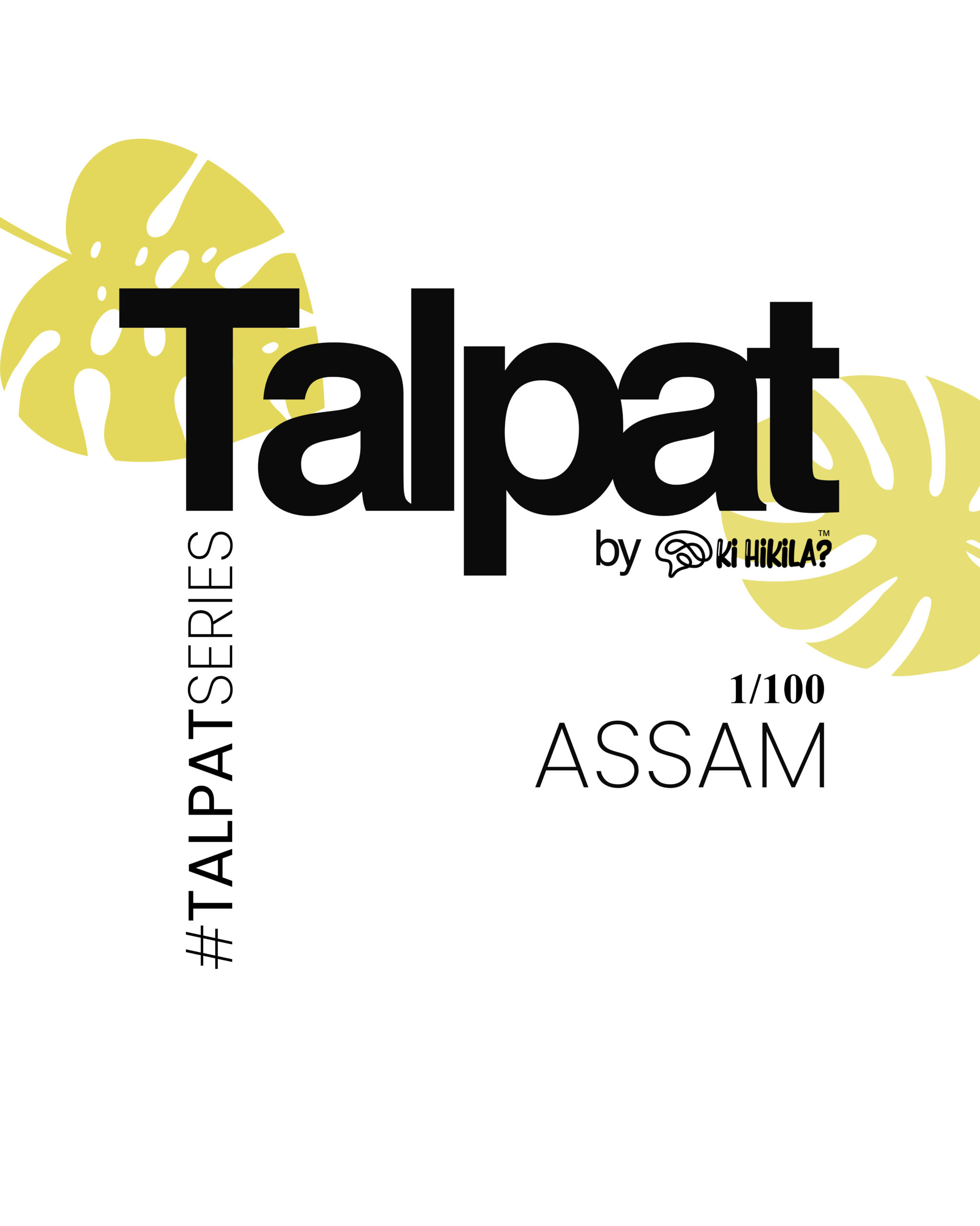Imagine a land where lush greenery meets serene backwaters, where ancient traditions blend seamlessly with modern life. Welcome to Kerala, a slice of paradise nestled in the southern tip of India. Known as “God’s Own Country,” Kerala’s unique blend of natural beauty, rich culture, and progressive spirit makes it a fascinating state.
1. Geography & Climate

Kerala is located on the southwestern coast of India, bordered by Karnataka to the north and Tamil Nadu to the east. The Arabian Sea forms its western coastline.
- Topography: Kerala boasts diverse landscapes, from the Western Ghats mountains in the east to the coastal plains and backwaters. The state is crisscrossed by 44 rivers, and its dense forests are home to rich biodiversity.
- Climate: Kerala experiences a tropical monsoon climate. Summers are hot and humid, with temperatures reaching up to 35°C (95°F). The southwest monsoon brings heavy rainfall from June to September, and the northeast monsoon from October to November. Winters are mild, with temperatures rarely falling below 20°C (68°F).
2. History & Cultural Heritage

- Ancient History: Kerala has a long and rich history, with evidence of human settlements dating back to the Paleolithic era. It was a major spice trading hub, attracting merchants from across the world. The Chera dynasty played a significant role in the early history of the region.
- Colonial & Post-Independence Era: European powers, including the Portuguese, Dutch, and British, established trading posts in Kerala. The state played an active role in the Indian independence movement. After independence, the state of Kerala was formed on November 1, 1956, by merging the princely states of Travancore, Cochin, and Malabar.
- Cultural Diversity: Kerala’s culture is a melting pot of various influences. The majority of the population are Malayalis, speaking Malayalam. The state has significant populations of Hindus, Muslims, and Christians, each contributing to its unique cultural fabric. Kathakali and Mohiniyattam are classical dance forms that originated in Kerala.
3. Major Cities & Infrastructure
- Capital & Important Cities: Thiruvananthapuram (Trivandrum) is the capital city, known for its historical significance and IT sector. Kochi (Cochin) is a major port city and commercial hub. Kozhikode (Calicut) is famous for its historical trade links and culinary heritage.
- Transport Facilities: Kerala has a well-developed transport network. It has three international airports (Thiruvananthapuram, Kochi, and Kozhikode). The railway network connects all major cities. National highways and state highways ensure good road connectivity. Public transport includes buses, auto-rickshaws, and taxis.
4. Economy & Industries
- Agriculture: Kerala is known for its spices, coconut, tea, coffee, and rubber plantations. The state’s agriculture is heavily dependent on the monsoon.
- Industries & Business Hubs: Kerala’s economy is diverse, with significant contributions from tourism, IT, and manufacturing. Kochi is a major industrial hub with shipyards and refineries. The IT sector is growing rapidly, with Technopark in Thiruvananthapuram and Infopark in Kochi being prominent IT parks.
- Tourism Contribution: Tourism is a major contributor to Kerala’s economy. The state’s natural beauty, cultural heritage, and backwaters attract millions of tourists every year.
5. Tourism & Must-Visit Places
- Natural Attractions: Munnar (hill station), Alleppey (backwaters), Wayanad (wildlife and hills), and Periyar National Park are popular natural attractions.
- Heritage & Historical Sites: Fort Kochi, Padmanabhaswamy Temple in Thiruvananthapuram, and Bekal Fort are significant historical sites.
- Modern Attractions: Wonderla Kochi (amusement park), and various museums in the major cities.
- Festivals & Cultural Events: Onam is the most famous festival, celebrated with boat races and cultural events. Thrissur Pooram is another major festival known for its grand elephant processions.
6. Cuisine & Local Delicacies

- Famous Dishes: Kerala is known for its seafood, appam, puttu, and sadhya (a vegetarian feast).
- Street Food & Beverages: Popular street food includes pazhampori (banana fritters), parippu vada, and sulaimani (spiced black tea).
7. Education & Research
- Top Universities & Institutions: Indian Institute of Technology (IIT) Palakkad, Indian Institute of Management (IIM) Kozhikode, and Kerala University are prominent institutions.
- Educational Achievements: Kerala has one of the highest literacy rates in India, around 96.2% (as of 2023). The state has implemented several initiatives to promote education, including free and compulsory education for children.
8. Government & Administration
- Current Governance: The current Chief Minister is Pinarayi Vijayan. The Governor is Arif Mohammed Khan. The state has a legislative assembly.
- Administrative Structure: Kerala is divided into 14 districts.
9. Unique Facts & Trivia
- Kerala is known for its high literacy rate and excellent healthcare system.
- Ayurveda, the ancient Indian system of medicine, is widely practiced in Kerala.
- Kerala has a very high female to male ratio.
- Kerala was the first state in the world to elect a communist government through democratic elections.
10. Conclusion
Kerala is a land of contrasts, where ancient traditions coexist with modern advancements. Its natural beauty, rich culture, and progressive spirit make it a unique and fascinating state. Whether you’re a student, a traveler, or a history enthusiast, Kerala has something to offer everyone. Plan your visit and experience the magic of “God’s Own Country”!
FAQ’s
Q. What is the best time to visit Kerala?
The best time to visit Kerala is from September to March, during the winter season. The weather is pleasant, making it ideal for sightseeing and outdoor activities.
Q. What is the cuisine of Kerala like?
Kerala cuisine is known for its use of coconut, spices, and seafood. Popular dishes include appam, puttu, sadhya (vegetarian feast), and various seafood preparations.
Q. Is Kerala a safe place to travel?
Yes, Kerala is generally considered a safe place for tourists. However, like any travel destination, it’s advisable to take standard safety precautions.
Q. What are some unique cultural experiences in Kerala?
Experiences include watching Kathakali performances, experiencing Ayurvedic massages, staying in a houseboat, and visiting spice plantations.
Q. How do I get around in Kerala?
Kerala has a well-developed transport network. You can travel by bus, train, taxi, or auto-rickshaw. Houseboats are a popular option for exploring the backwaters.












